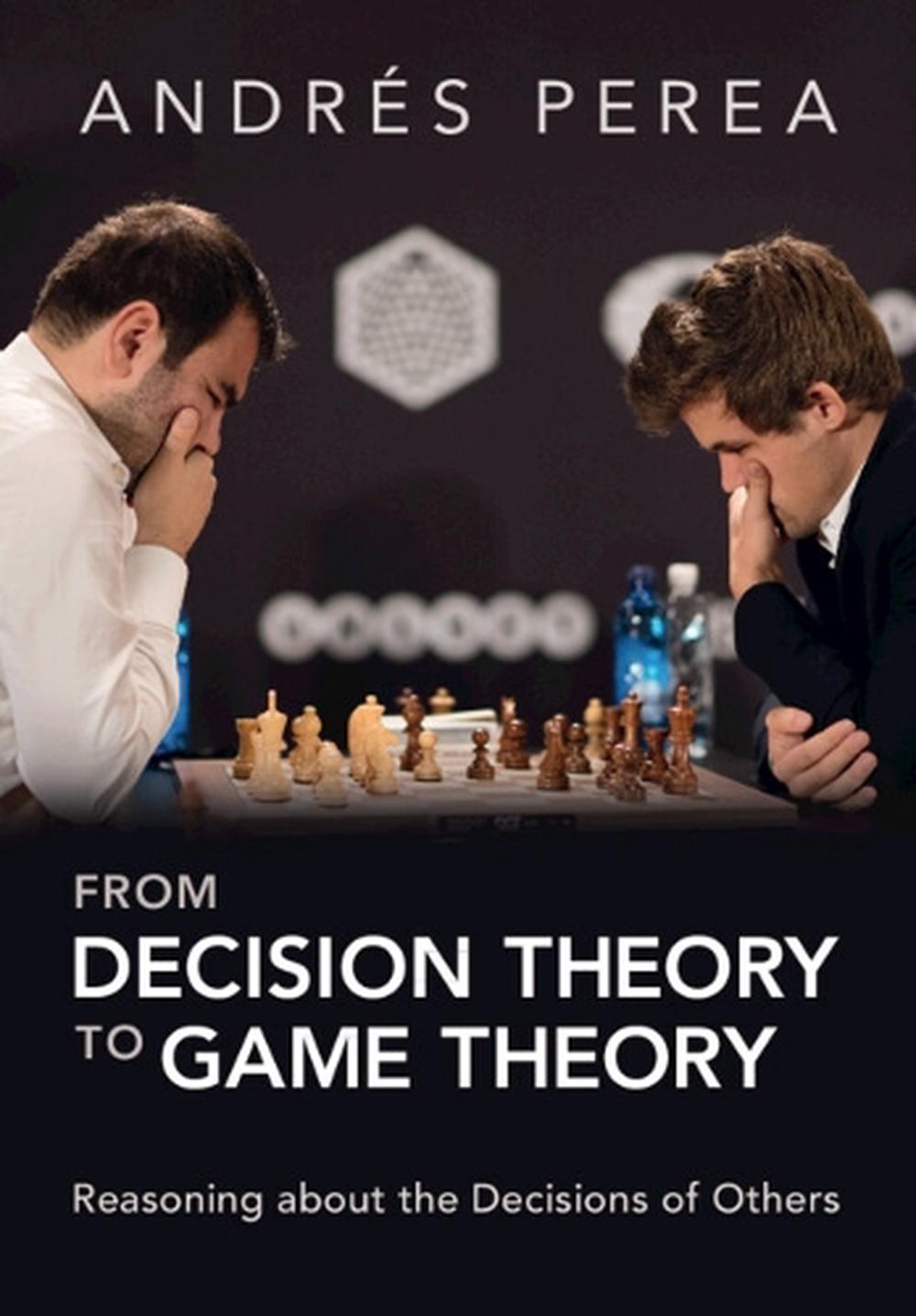
From Decision Theory to Game Theory
reasoning about the decisions of others
$184.21
- Paperback
606 pages
- Release Date
19 June 2025
Summary
Unveiling the Logic of Strategy: A Journey from Decision Theory to Game Theory
From Decision Theory to Game Theory unveils how common reasoning patterns – belief in rationality, correct beliefs, and symmetric beliefs – can be unified. This book explores the deep connection between decision theory and game theory, demonstrating how significant game categories like incomplete information games, unawareness games, and psychological games can be analyzed through both a unified decision-…
Book Details
| ISBN-13: | 9781009522830 |
|---|---|
| ISBN-10: | 1009522833 |
| Author: | Andrés Perea |
| Publisher: | Cambridge University Press |
| Imprint: | Cambridge University Press |
| Format: | Paperback |
| Number of Pages: | 606 |
| Release Date: | 19 June 2025 |
| Weight: | 946g |
| Dimensions: | 244mm x 169mm |
You Can Find This Book In
What They're Saying
Critics Review
‘The book is engaging, well-structured, and well-written by a leading scholar in the field. It presents the key concepts in an exceptionally clear and simple way, making them accessible to readers with a minimal background in mathematics. I recommend the book for researchers and students who want to learn the epistemic foundations of game theory.’ Xiao Luo, National University of Singapore‘This is a thorough, comprehensive text, that treats decision making in a unified way for three classes of games: games with incomplete information, games with unawareness, and psychological games. The unified treatment makes it possible to bring out similarities and highlight differences. Perea brings the reader to the forefront of current research in an engaging way, with many illustrative examples.’ Joe Halpern, Cornell University
About The Author
Andrés Perea
Andrés Perea is an Associate Professor at Maastricht University. He is a game theorist working on the foundations of game theory and decision theory. He has published the books Rationality in Extensive Form Games (2001) and Epistemic Game Theory: Reasoning and Choice (2012), and has promoted epistemic game theory by various courses across the globe.
Returns
This item is eligible for free returns within 30 days of delivery. See our returns policy for further details.




